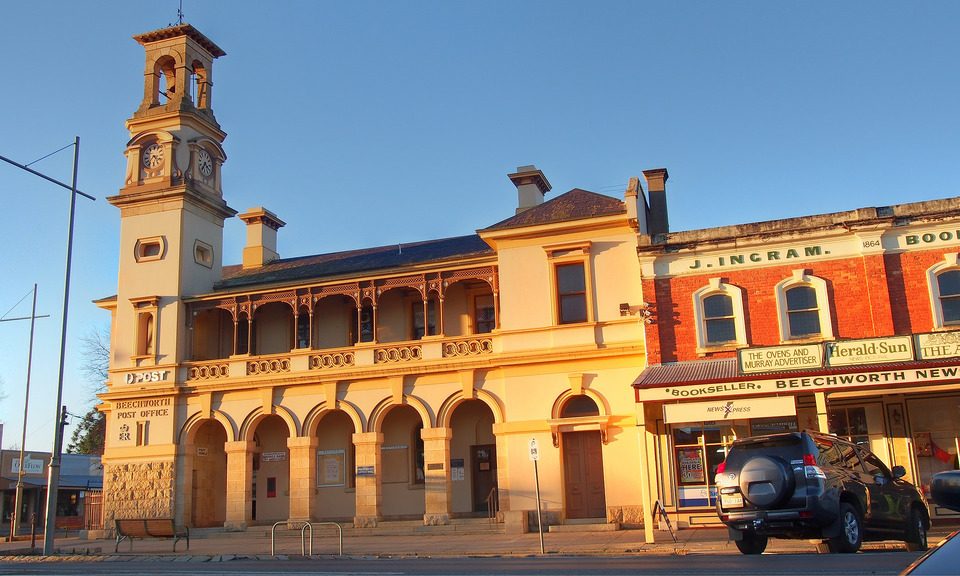Housing Co-op To Reduce Market Entry By 20-25%?
Community Energy Conference – Canberra 16-17 June 2014
April 16, 2014Electricity: Utilities, Peak Demand And ‘Pro-Sumers’
April 17, 2014Housing experts working on a housing affordability initiative are considering an equity co-op proposal to reduce housing market entry costs.
The Concept
Housing could be developed and owned by Not-For-Profit entities, such as Common Equity Housing Limited (CEHL).
The Process
John McInerney, affordable housing consultant, says:
“The Not-For-Profit entities can forgo the traditional developers’ margin and also bring the benefits of scale development, innovative designs, delivery expertise and increased shared usage of common facilities..
The owner of the property will then offer long term leases to an operating entity on a cost recovery rather than a profit driven basis and the operator will sell shares to individuals wanting to live in the complex..
It is anticipated that the initial entry costs for a new dwelling can be reduced by 20-25 per cent of costs of standard like single dwelling purchases..
This price could be reduced even further if land is available below market value through land trust or philanthropic mechanisms..
The challenge is to develop an alternative form of ownership that will reduce the cost of entry and ongoing costs, yet retain most of the benefits of homeownership.”
Typical Entry Cost Around $300,000
Stephen Nash, Managing Director of CEHL says:
“We are keen to work with a taskforce of key business leaders and housing experts to create an equity co-op housing development. This will turn the housing dreams of many, into a reality.
We have done the modelling around the building costs. A typical entry cost could be around the $300,000 mark for a two bedroom unit.”
Housing To Be Best Practice
CEHL is an award winning housing developer. In terms of architectural and environmental design and benchmarks, the concept is not about ‘cutting corners’ but about using co-operative models to make housing more affordable.
An excellent idea



2 Comments
This is an excellent idea. Even more excellent would be if a range of “tiny houses” would be considered, which surely would bring the entry point to the market down even further. Thanks for sharing.
Hi John . Hope all goes well, sounds great and would the scheme look at having at least some of the tenants having low-medium income to respond to social disadvantage as well as general affordability and liveability issues.
In Unity Brian Pound